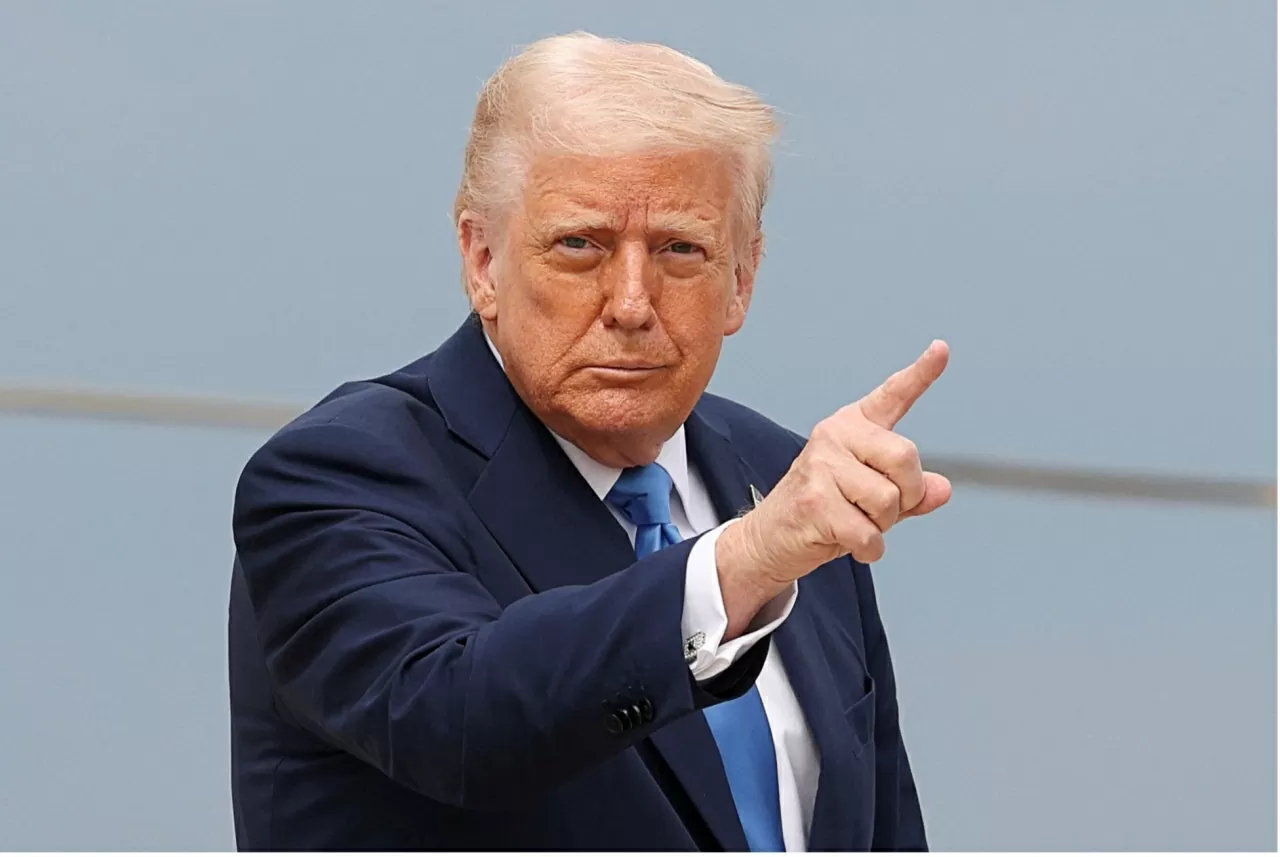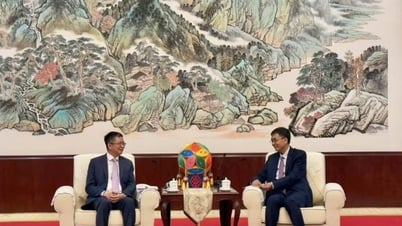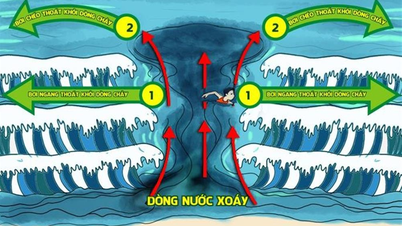The White House is preparing to impose new tariffs on a range of consumer goods on April 2, a move that has drawn criticism from international leaders and concerns about potential price increases for consumers. President Donald Trump says he is not concerned.
 |
| US President Donald Trump on March 28. (Source: Reuters) |
US President Donald Trump said on March 29 that he did not warn auto industry executives about price increases when tariffs on foreign-made cars took effect, telling NBC News he "doesn't care" if they did.
In the interview, Donald Trump said the flat tariff on foreign-made cars would boost US factories and that he believed the move would lead to increased sales of domestically made cars. "I hope they raise prices, because if they do, people will buy domestic cars," he said.
President Trump has said he would only consider negotiating tariffs “if people are willing to give us something of great value.”
The tariffs are part of his effort to boost U.S. manufacturing and reduce the country's trade deficit. His trade policy has been a major focus of his presidency amid ongoing tensions with major trading partners.
According to CBS News , President Donald Trump called April 2 "Liberation Day", marking an important step in his "America First" policy with a plan to impose widespread tariffs to boost domestic production. However, experts warn that this move could increase global trade tensions, push up prices and destabilize the US economy .
The Trump administration plans to impose tariffs that match the trade barriers that other countries impose on American goods. While the move is aimed at reducing the trade deficit and encouraging domestic production, the increase in import prices could hurt American consumers.
“Tariffs are essentially a tax on consumers,” said Colin Grabow of the Cato Institute. Analysts, meanwhile, warn that the policy could weaken GDP and hurt business investment due to uncertainty.
Mr. Trump hopes that the tax policy will force companies to move production back to the US. However, experts say that the 10-20% tax rate is not enough to reverse the trend of shifting production abroad. Labor costs in many countries are still significantly lower than in the US, making “reshoring” less attractive.
In addition, uncertainty about the sustainability of tax policies also makes businesses consider carefully before investing in domestic production.
With businesses expected to pass on much of the tariff cost to consumers, prices of goods could rise, pushing inflation to worrying levels.
According to Oxford Economics, if the average import tax increases to 10% in April, inflation could increase by another 0.5 percentage points, directly affecting people's lives.
While Mr Trump believes that the tariffs will help the US win back “money and respect”, the actual effectiveness remains a big question mark. Will this move really benefit the US economy in the long term or will it only increase global trade tensions? The answer remains to be seen.
Source: https://baoquocte.vn/tuyen-bo-khong-ban-tam-neu-gia-tang-sau-ngay-giai-phong-van-cuoc-cua-tong-thong-trump-co-dua-nganh-san-xuat-my-hoi-sinh-309374.html



![[Photo] Many young people patiently lined up under the hot sun to receive a special supplement from Nhan Dan Newspaper.](https://vphoto.vietnam.vn/thumb/1200x675/vietnam/resource/IMAGE/2025/5/18/6f19d322f9364f0ebb6fbfe9377842d3)

![[Photo] Ready for the top competitions of Vietnamese table tennis](https://vphoto.vietnam.vn/thumb/1200x675/vietnam/resource/IMAGE/2025/5/18/9c547c497c5a4ade8f98c8e7d44f5a41)




















![[Photo] General Secretary To Lam visits exhibition of achievements in private economic development](https://vphoto.vietnam.vn/thumb/1200x675/vietnam/resource/IMAGE/2025/5/18/1809dc545f214a86911fe2d2d0fde2e8)




































































Comment (0)